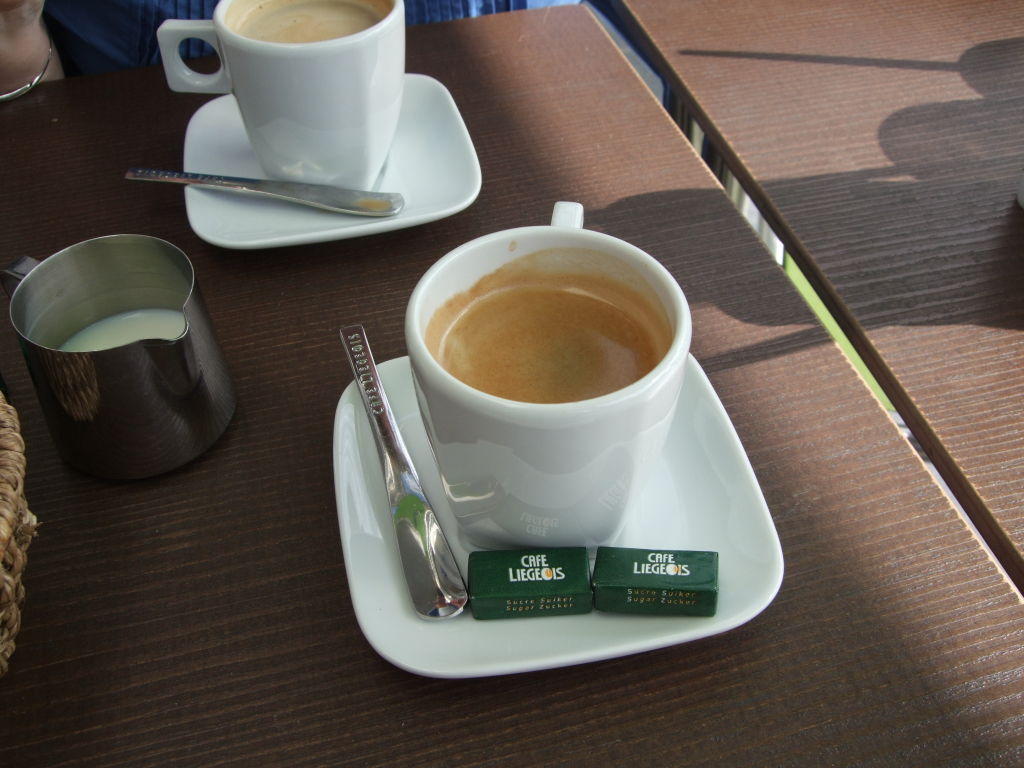Subscribe to the Newsletter
If you are interested in understanding how Traditional Chinese Medicine can improve your life sign up to my newsletter for the latest updates.

The bitter taste is important, not just to alert us to the presence of poison, but in food to provide a cooling and descending function.
By descending it means that the food helps move the contents of your digestion in a downwards direction. That reduces reflux, eructations, nausea, burping, hiccups, all of which act in an upwards or yang direction. So bitter taste foods have a yin action. By descending, it means they also help your bowel movements to consolidate and regulate. In fact, many laxatives like senna are bitter-tasting. Their action clears out pockets of stagnation in the bowels and stimulates peristalsis.
Yin things are nutritious and moistening, cooling and consolidating.
Yang action foods are spicy, warming, aromatic, exciting. In excess they heat and inflame. Bitter taste foods balance this, and have another function in that they are often cleansing. clearing out poison. (Even though the bitter taste when strong indicates poison.) For more on yin and yang, click here.
They particularly help where you have excess Stomach Fire symptoms, with burping, reflux, nausea, hiccups, unpleasant eructations or uncontrollable hunger, for example.
The bitter taste also neutralises stomach acid and breaks up fats. It is a yin energy, so usually cooling in action. Too much bitter food, even if cooked and eaten warm, will tend to be cooling. If you tend to get cold easily, make sure that when eating bitter taste foods you also take warming herbs to counteract the cooling action. For ideas, see below.
Your taste-buds quickly alert you to the taste of bitterness in food, for very good reasons! It might be a poison!
But knowing what typical bitter tasting foods do, the Chinese also described some other foods as ‘bitter’, meaning that even if they didn’t taste bitter, their action was the same as the action of bitter foods. So that’s why, in the following lists, you may encounter foods that don’t really taste bitter. On the other hand, if you allow your taste-buds to mature, you may begin to appreciate bitterness in foods where formerly you hadn’t expected it.
Your body already produces a very bitter substance, called bile. It’s made by your Liver and is used to neutralise any remaining acids in your small intestine (because your stomach coats food in strong acid to break it down before passing the food down into your small intestine) and to break up fats.
Bear in Mind: foods can have different qualities at the same time. Mustard Greens are bitter, but also spicy, both of which help move your bowels.
Believe it or not, most of us like the bitter taste. Some of us crave and need it daily.
How Come? Coffee and Chocolate!

Of course, often we submerge the bitter taste with sugar or the blander taste of milk solids, so we don’t think of chocolate as being bitter. But taste raw chocolate powder and you’ll be in no doubt.
In coffee, the bitter taste also alerts us to the stimulant quality of caffeine, another poison that many of us really like. Its action is stimulates peristalsis, so we like it because it gets our bowels moving. But coffee is unusual among bitter foods in that it is mildly warming and yang, so it wakes us up and speeds our metabolism. However, that yang action comes with a cost! Read more about that cost here!
Chocolate is less warming in its raw state, but with milk solids it is comfortable and comforting. These are more yin-like actions.


All beans should be soaked overnight before rinsing then cooking them in fresh water.
The water adzuki beans are cooked in is diuretic.
.. the list is incomplete because we haven’t decided about all modern foods and, as you’ll have read above, some foods help the ‘bitter’ action in different ways.
| alfalfa sprout |
| artichoke |
| asparagus |
| basil |
| beer |
| broccoli |
| caper |
| cardamom |
| celery |
| chamomile tea |
| chicory |
| chrysanthermum tea |
| cinnamon bark |
| coffee |
dandelion leaf
|
| dandelion root tea |
| elderflower tea |
| fennugreek seed |
| ginseng (american) |
| juniper |
| kale |
| kohlrabi |
| lettuce |
| liver (pork) |
| liver (sheep) |
| marjoram |
| oregano |
| papaya |
| parsley |
| pepper (white) |
| pistachio |
| pumpkin seed |
| rhubarb |
| rye |
| savory |
| scallion |
| tea (Indian or Chinese or green) |
| thyme |
| turmeric |
| turnip |
| vinegar |
| watercress |
wine
|
Books on Chinese dietary therapy:

Stay in Touch!
No spam, only notifications about new articles and updates.

Book a Video consultation if you want to know more about your symptoms

This Introductory Chinese medicine course introduces you to the amazing thinking behind this ancient medicine, now increasingly in demand.

The Scottish College for Chinese medicine provides introductory courses for all, explaining Chinese medicine and its cultural background.

Master Tung’s acupuncture is a hidden treasure, lost to China but recovered in Taiwan from where it spread round the world.

Knee pain has five main causes. It’s certainly worth trying acupuncture before you resort to surgery!
Subscribe to the Newsletter
If you are interested in understanding how Traditional Chinese Medicine can improve your life sign up to my newsletter for the latest updates.
Subscribe to the Newsletter
If you are interested in understanding how Traditional Chinese Medicine can improve your life sign up to my newsletter for the latest updates.